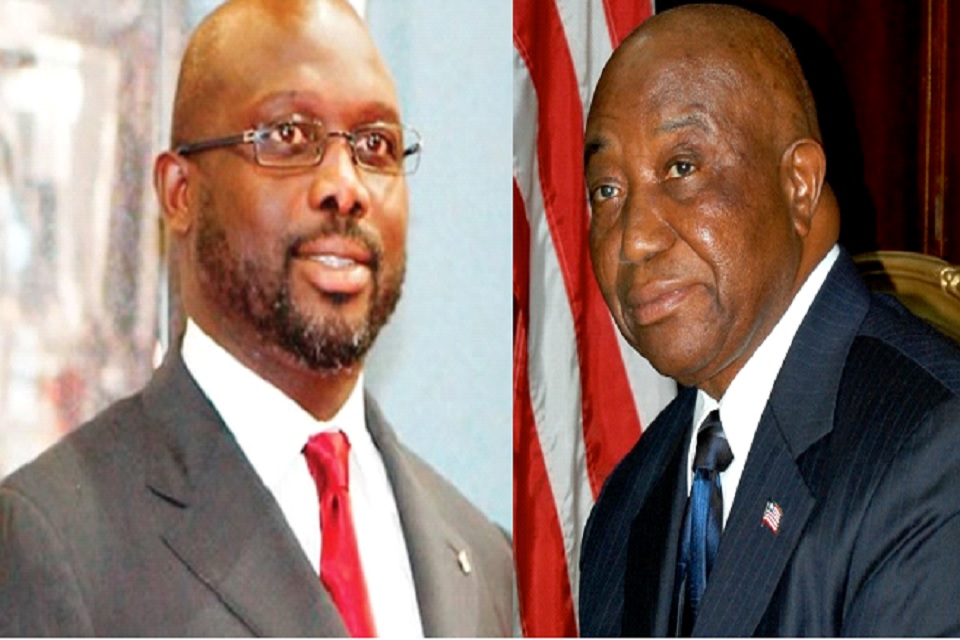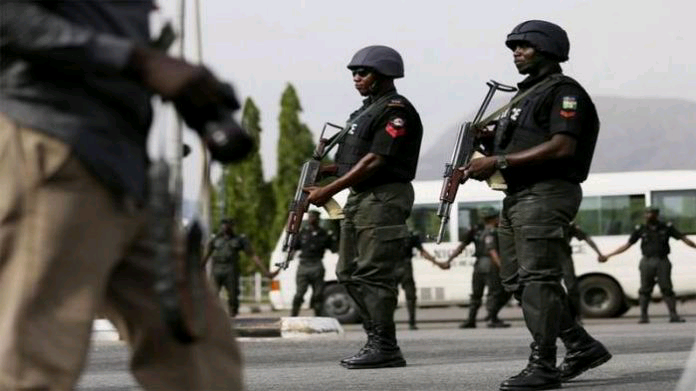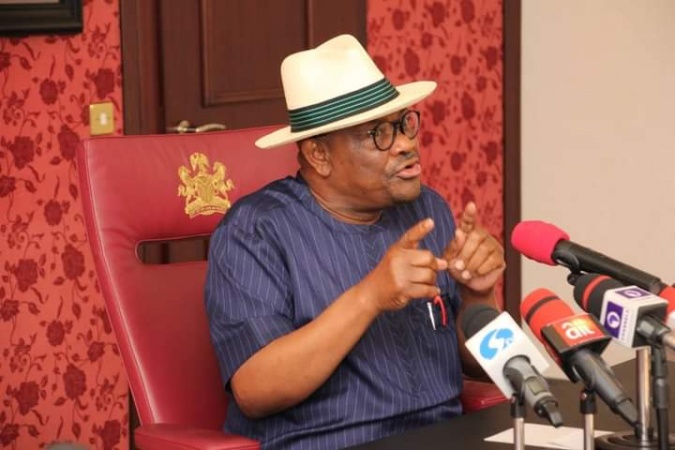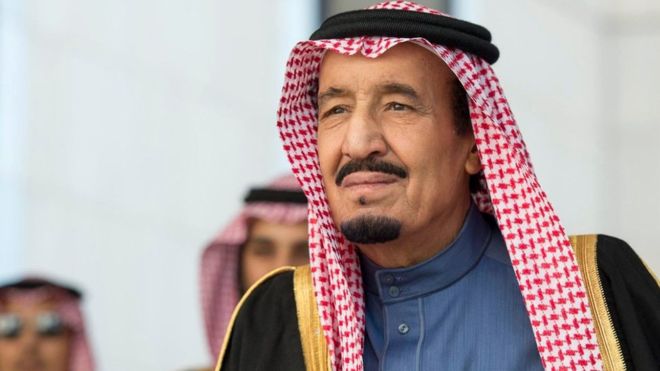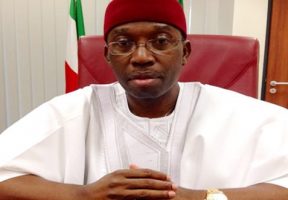The votes have been cast and counted with no clear winner emerging. Results released by the National Elections Commission (NEC), showed that Mr. George Weah, flag bearer for the Coalition for Democratic Change (CDC), garnered 596, 037 votes, representing 38.4% of total valid votes cast, while the incumbent Vice President and Presidential Candidate for the ruling Unity Party (UP), Mr. Joseph Boakai, obtained 446,716 votes amounting to 28.8% of the valid votes cast.
Already, NEC has fixed November 7, for the run -off election between the CDC and UP candidates. What this means is that each party and their candidate will be looking to win over supporters of the other 18 candidates. However, observers believe that football legend and philanthropist, George Weah, stands a better chance of converting his lead into a win. The road has not been paved with gold.
That Mr. Weah and Mr. Boakai made it to this stage says a lot about their doggedness as well as the maturity of their supporters, nay, the Liberian electorate.
Critics of Mr. Weah were concerned that he didn’t speak on issues, was not educated enough, is not presidential material and, therefore, shouldn’t be president.
His supporters agree he wasn’t born with a silver spoon but insist that he cares and has done a lot for Liberia and the people even before he went into politics. Weah himself has said that he didn’t need education to provide light for the people or see that the roads needed to be fixed.
Both Mr. Weah and his supporters know what they want and have remained focused on it. They wouldn’t and haven’t let criticisms deter them. Apart from his ‘rag to riches’ story working for him, many of the younger voters look up to him as their role model. He has more or less become the Liberian dream.
On his own part, Mr. Boakai, has had his fair share of criticisms. After the 2011 elections, the President, Mrs. Ellen Johnson Sirleaf, had announced that she and her vice were going to retire together at the end of their second term. Mr. Boakai confirmed this but broke the promise in 2014 when he started positioning himself to succeed the President. This caused a rift between him and the president among other issues.
READ ALSO: Growth: African leaders must shun foreign influence -Buhari
Also at 73 years of age, many believe that he should leave the stage for young blood and fresh ideas as he is perceived as ”a non – action oriented person.” He is also perceived to have hung around the corridors of power long enough without much to show for it. As Vice President, he presided over the Senate and under his watch, the Senate ratified 68 concession agreements, only two of which were considered good while 66 were said to be bogus and lacking international standard.
There were also claims of ”uneven use of state resources and access to public spaces working to the advantage of the incumbent.” Still, he ended up in the second position.
In the next few weeks, there will be alignments and realignments, as well as more coalitions between the two contending parties and the others.
Up to this point, the campaigns have largely been centred on fighting corruption, investing in education, infrastructure and jobs.
Whatever new ‘promises the two contenders bring to the table, they will surely have their personal stories working for or against them.
A lot also needs to be said about the electorate. One thing is certain though, the electorate is determined to make their votes count. A statement issued by the National Democratic Institute (NDI), a non-profit and non-partisan group aimed at strengthening democratic institutions around the world, said, “the delegation was impressed by the enthusiastic participation of voters across the county, many of whom waited in long lines to cast their ballots.. At every polling booth that NDI visited, we saw voters determined to cast their votes to help shape Liberia’s future.”
